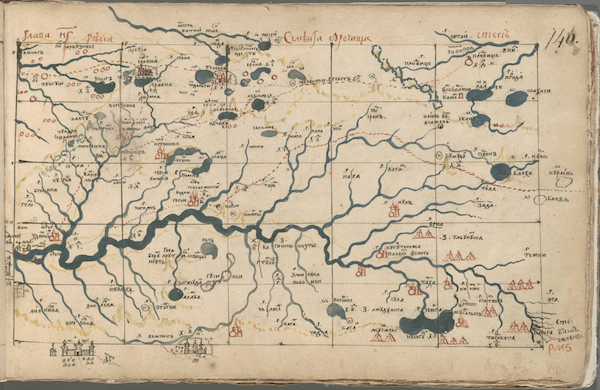
Russian Research Sites
Dr Namsaraeva’s research focused on two key areas. The first was archival research with map collections on the management of the Selenga, kept in the Kyachta Historical Museum and Novoselenginsk Museum of Decembrists (Kyachtinsky and Selenginsky Districts, Buryatia). Research with these documents involved looking for various publications related to the geophysical and historical exploration of the Selenga during the pre-revolutionary and Soviet periods. The second research area concerned local communities who share beliefs that water politics extends beyond national borders and the human world, to address local and global water management by other-then-human creatures such as Lusad (water-deities).
